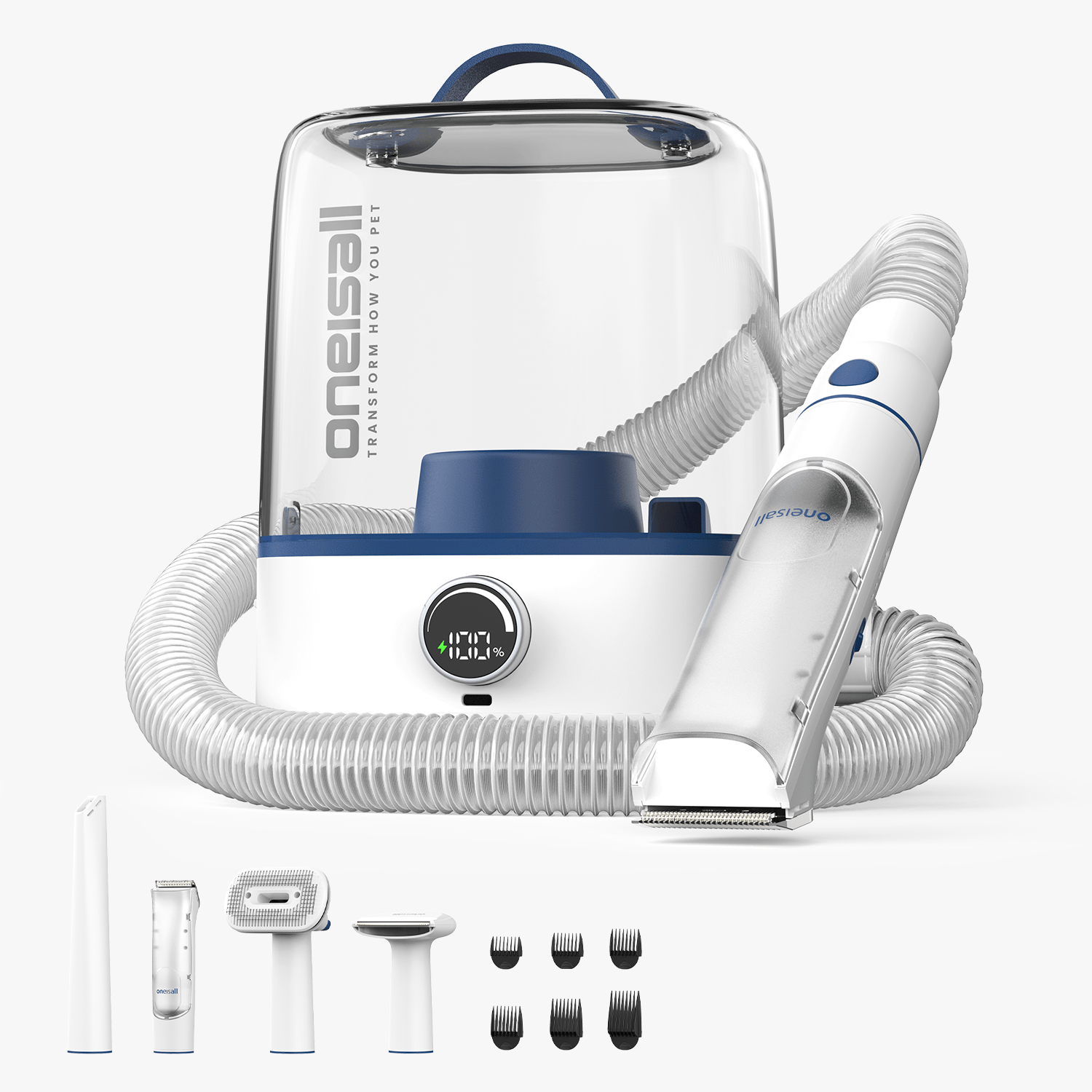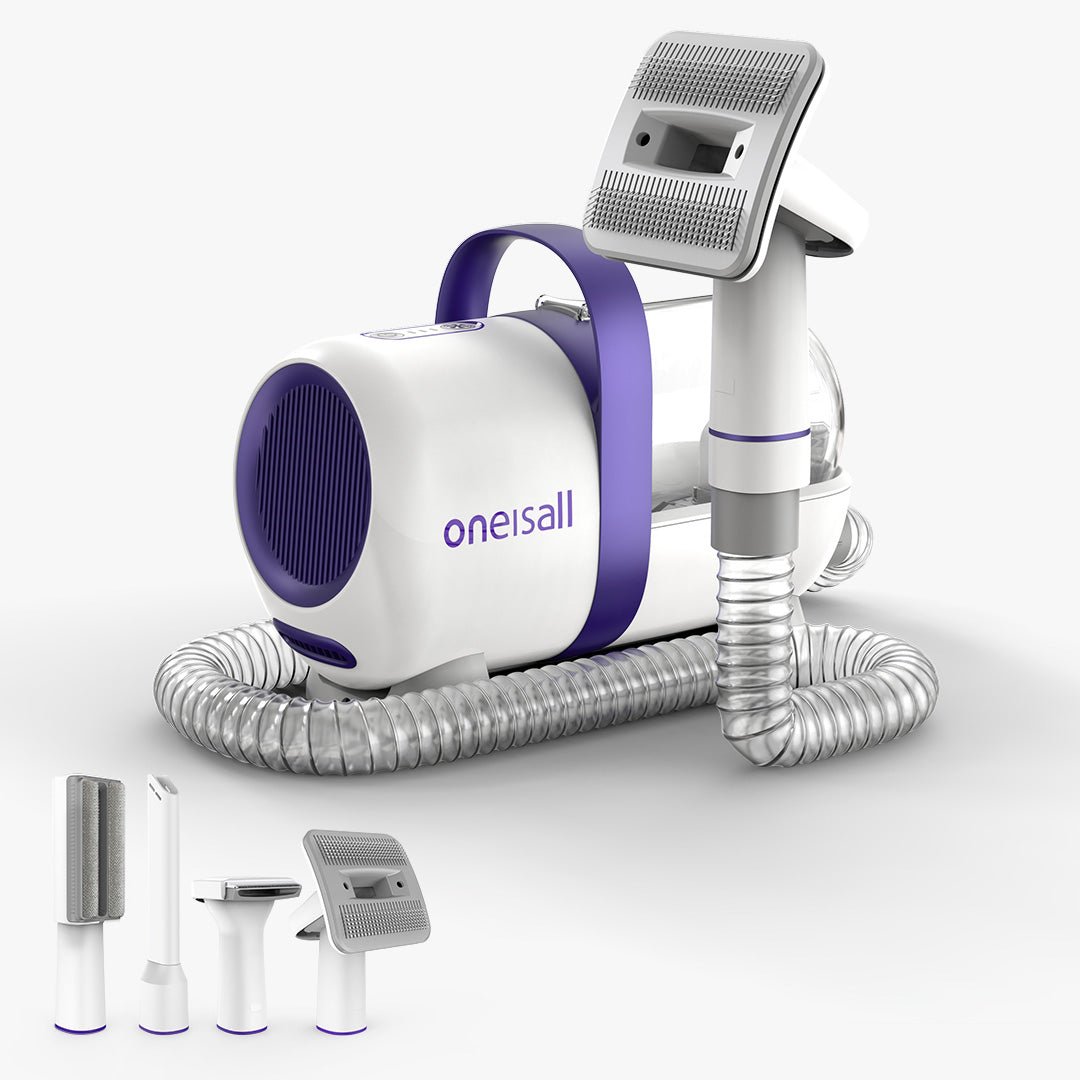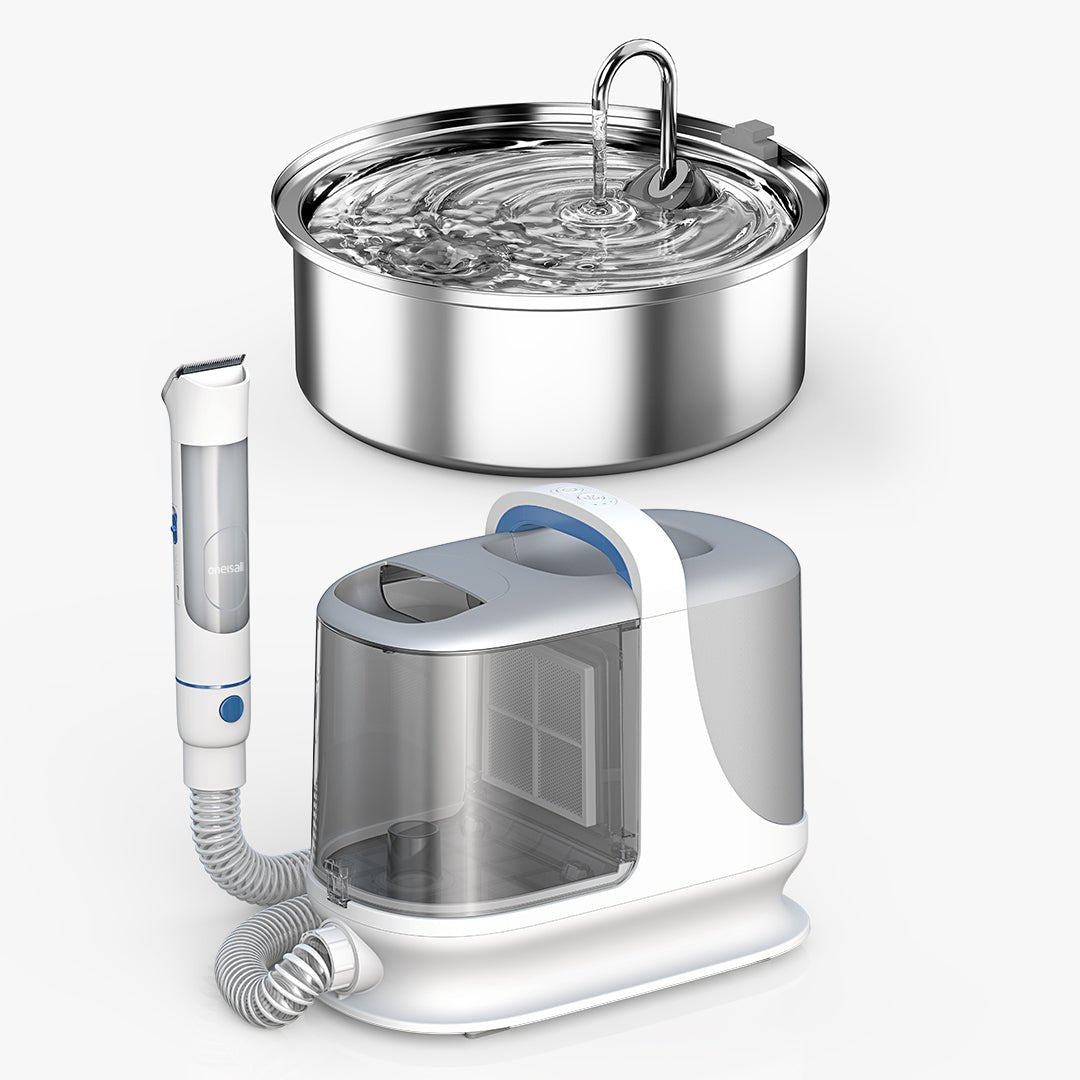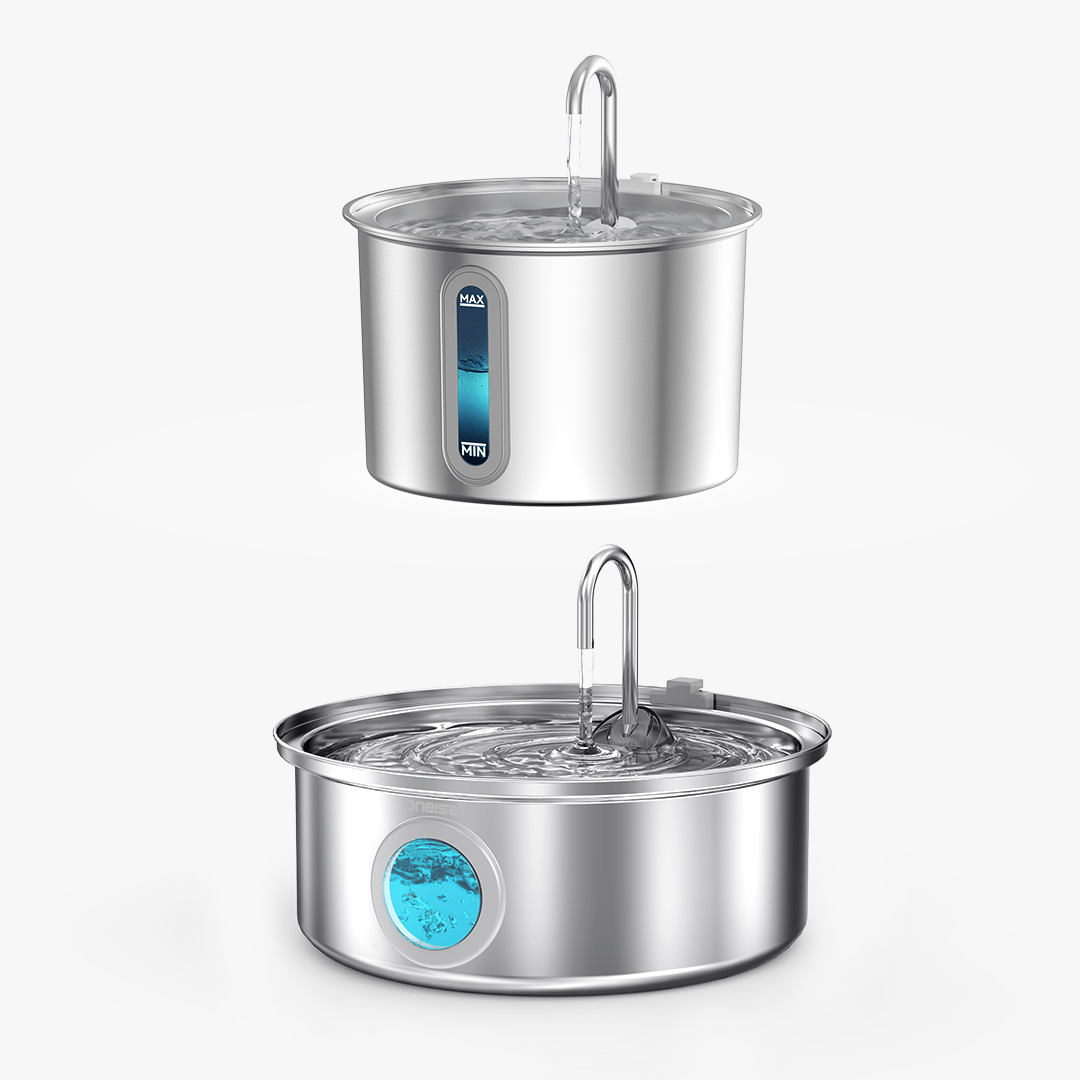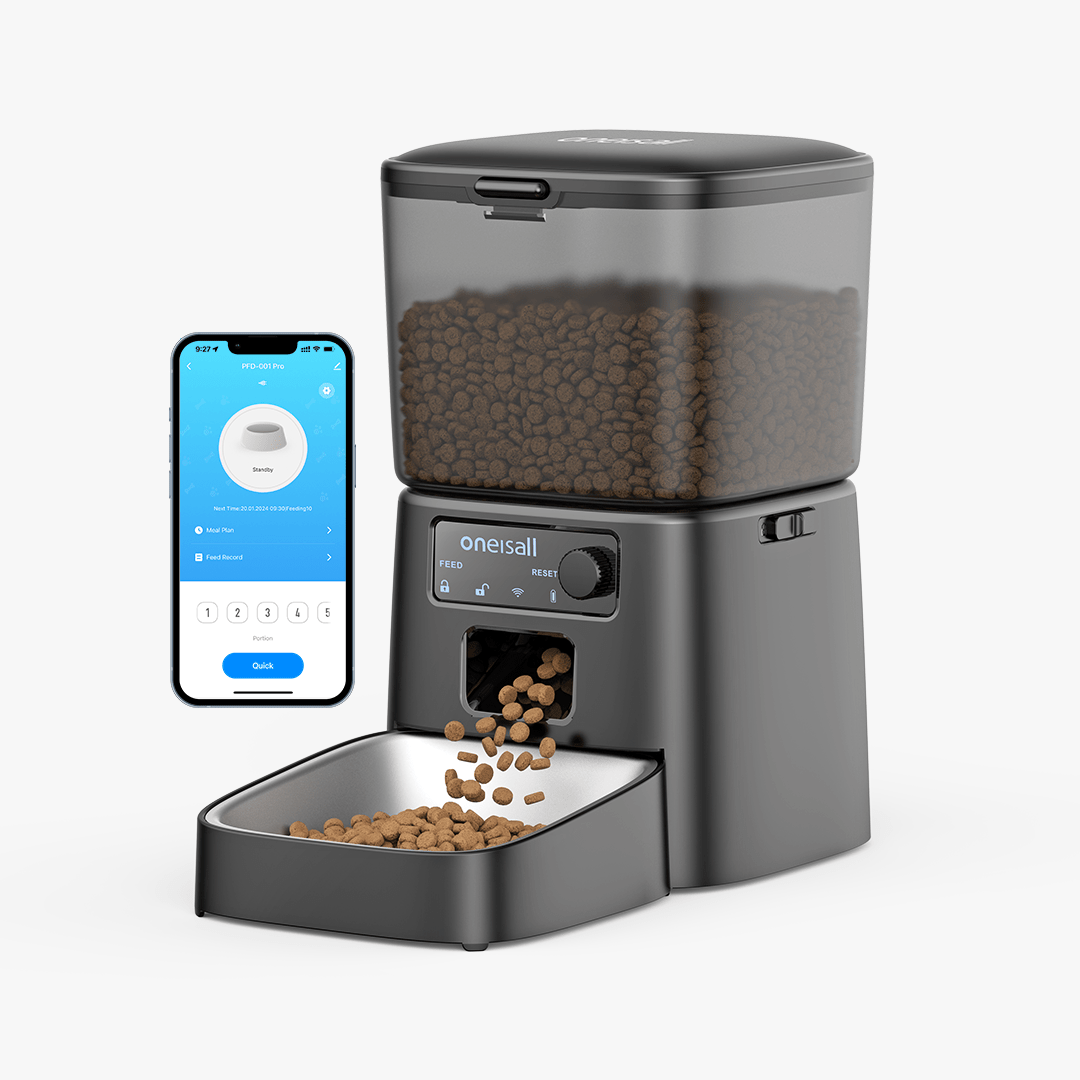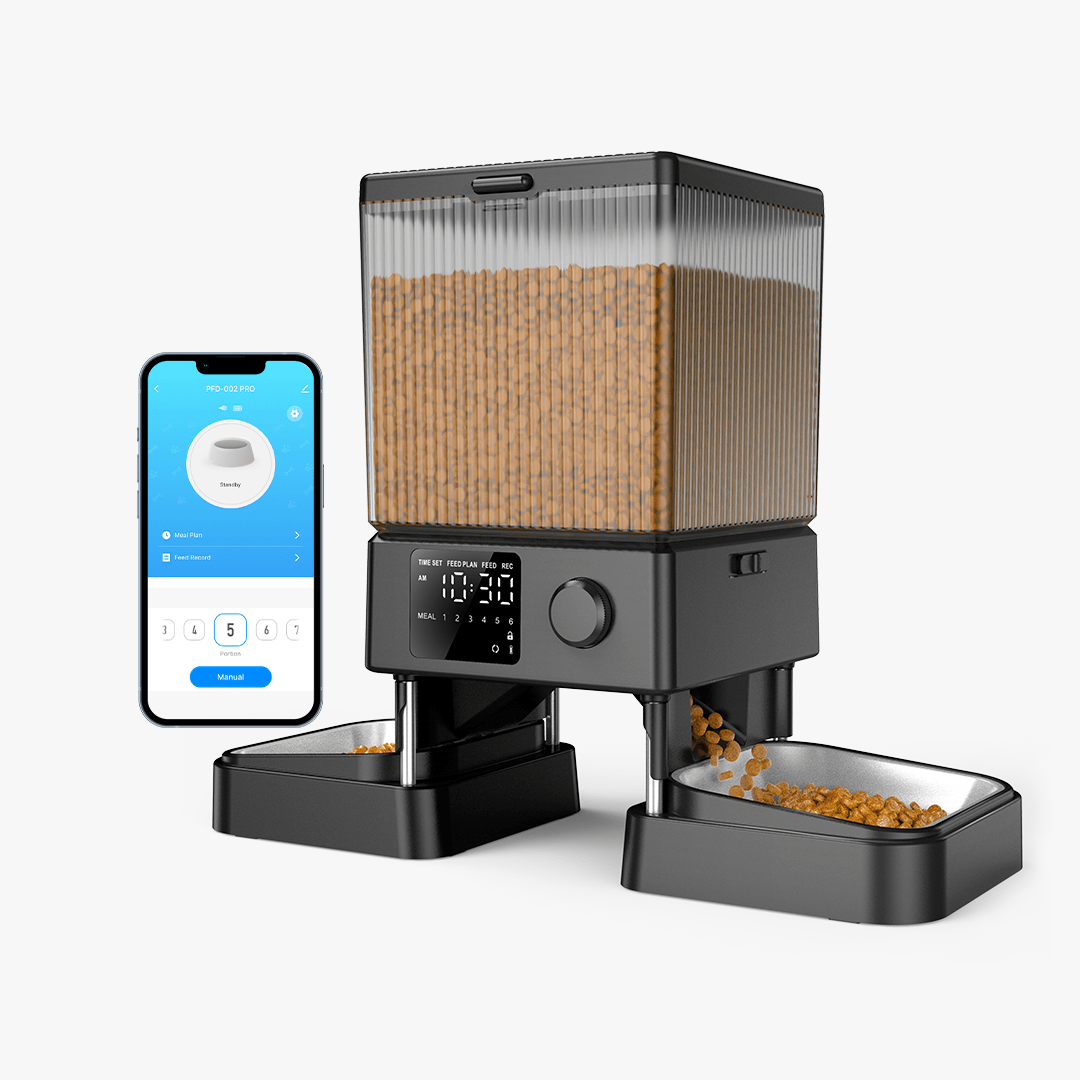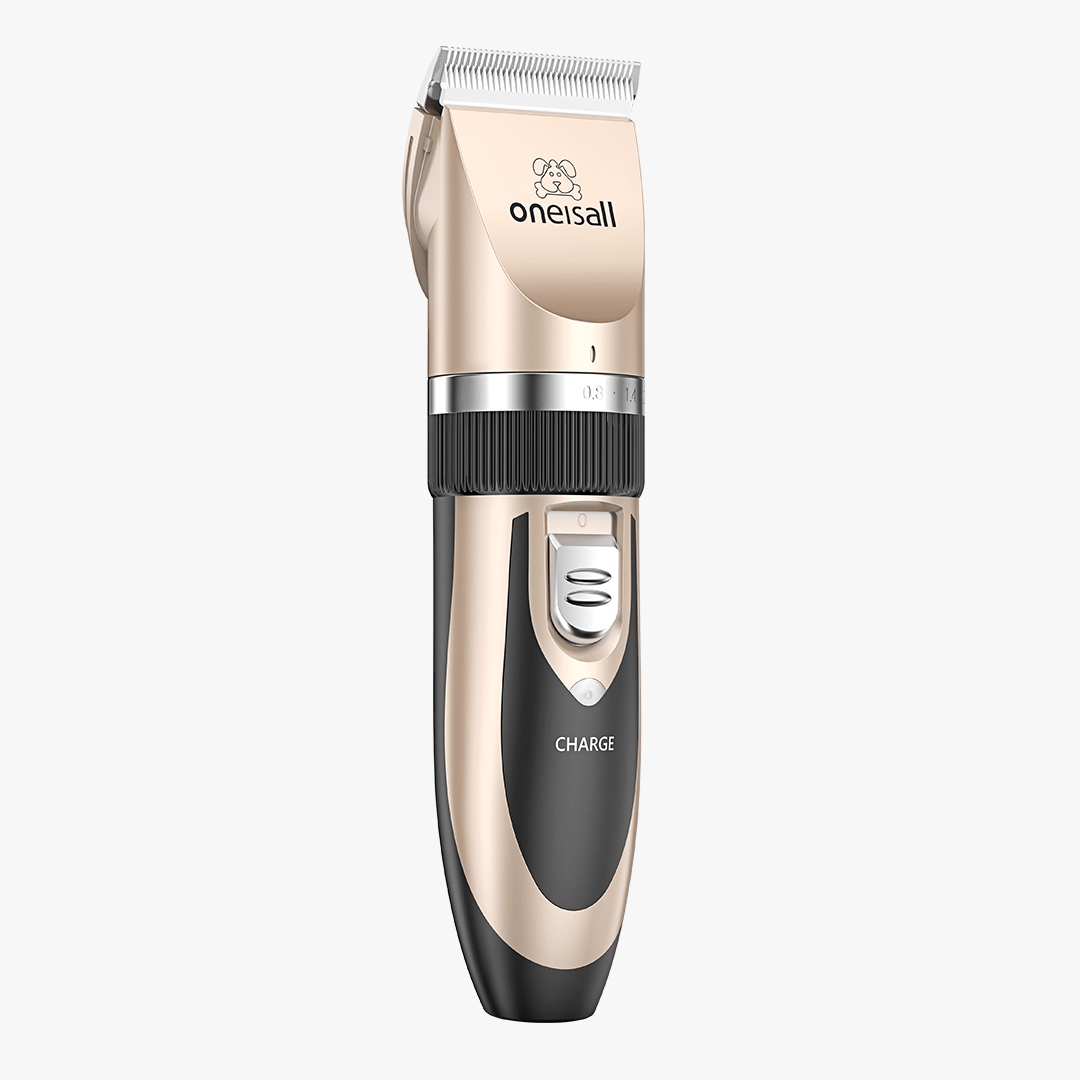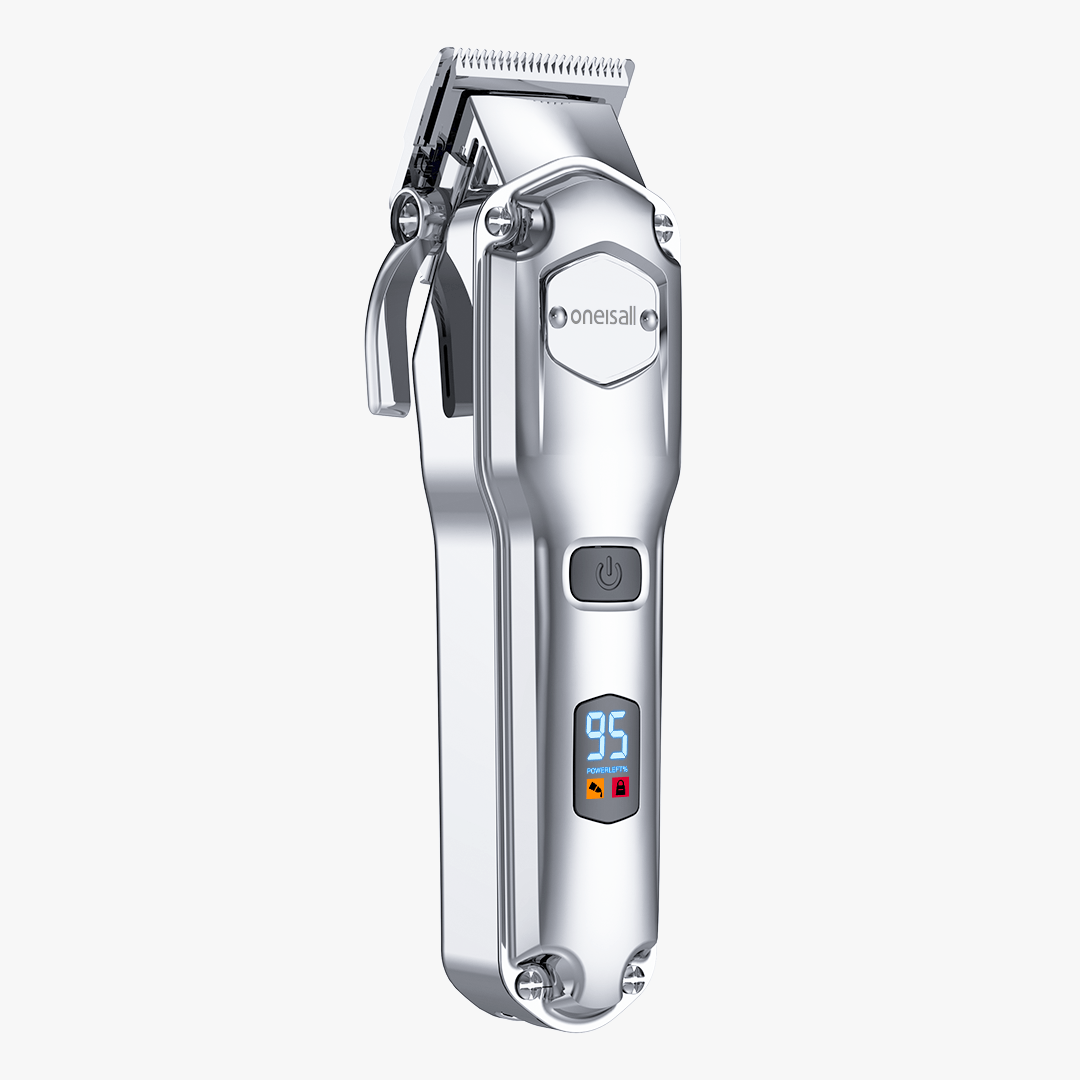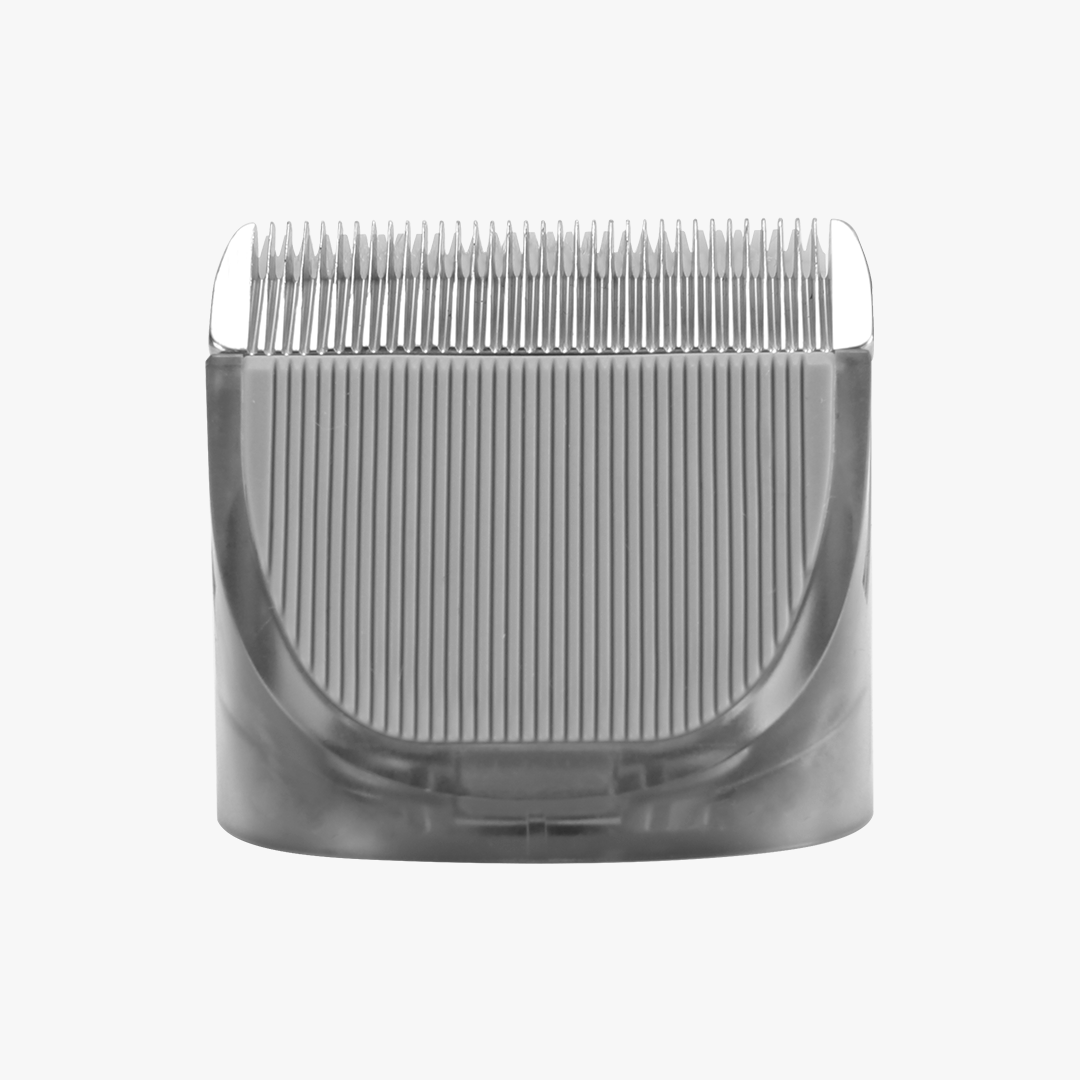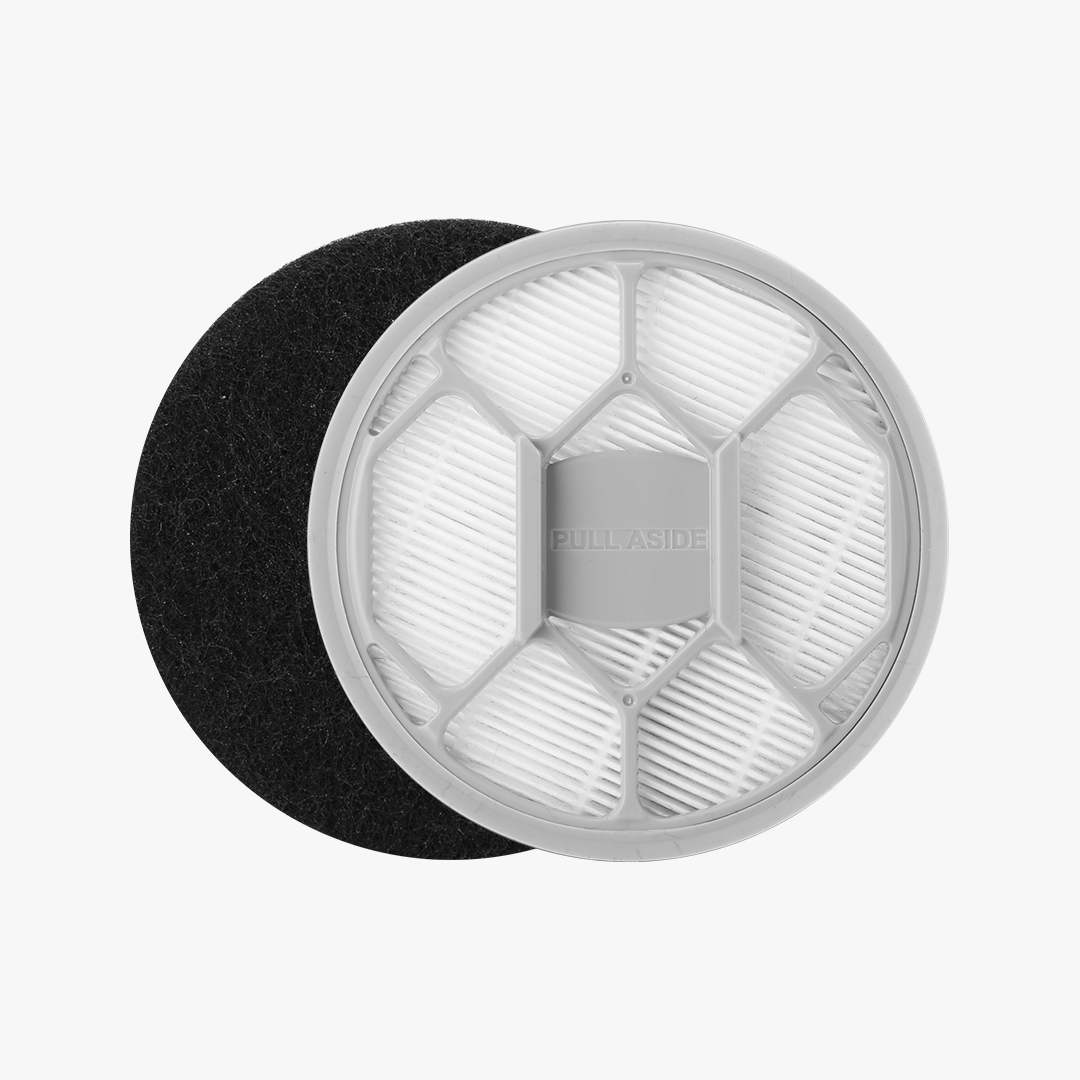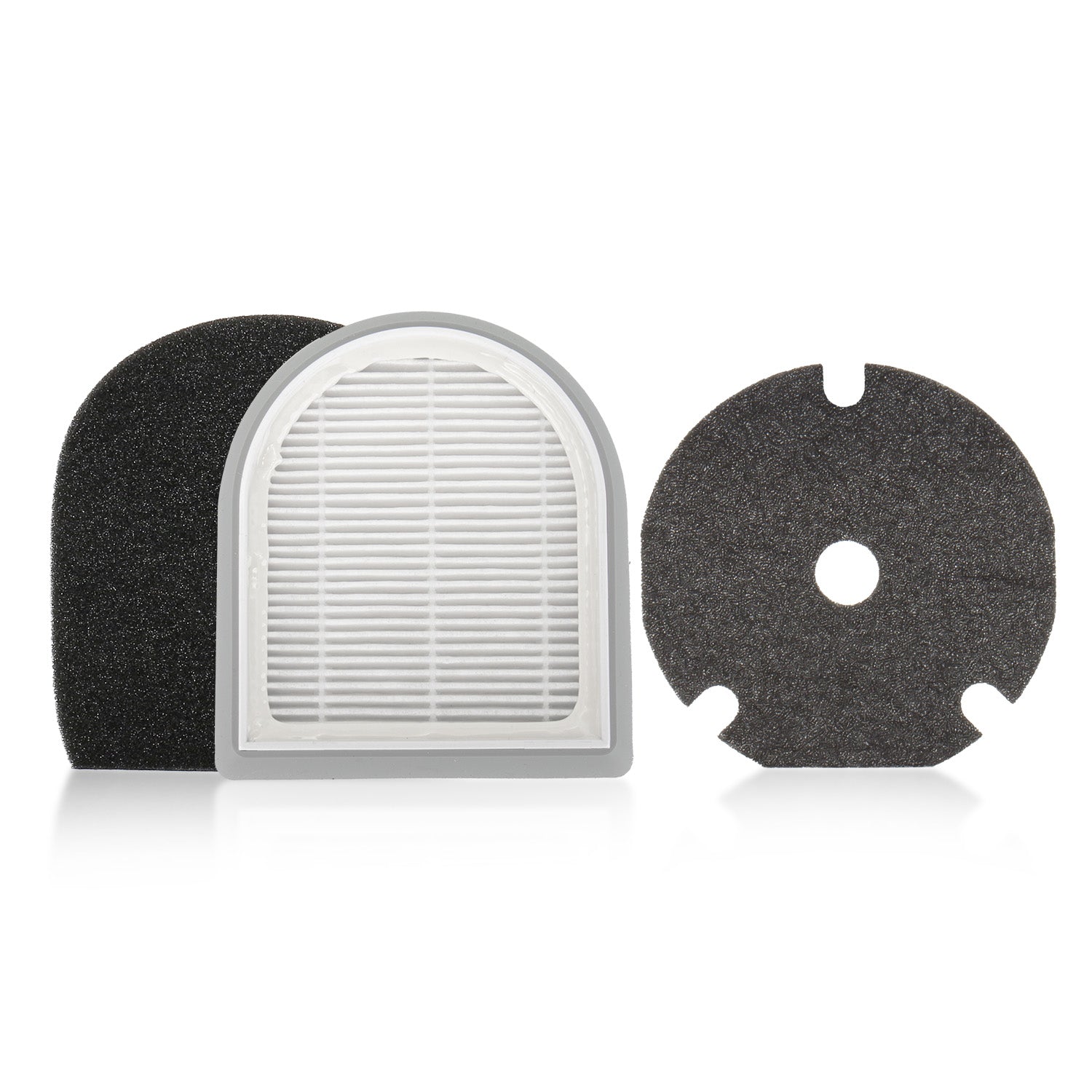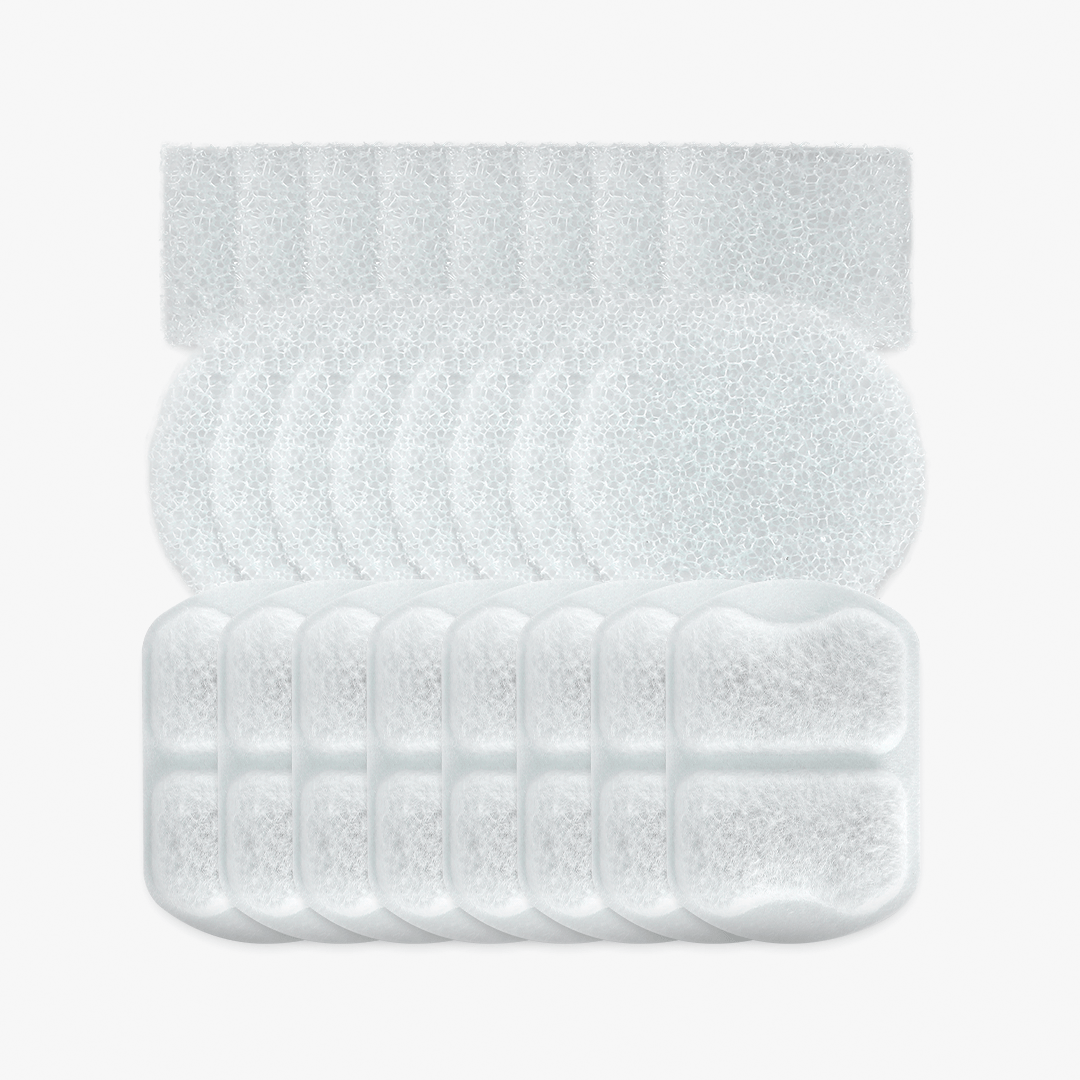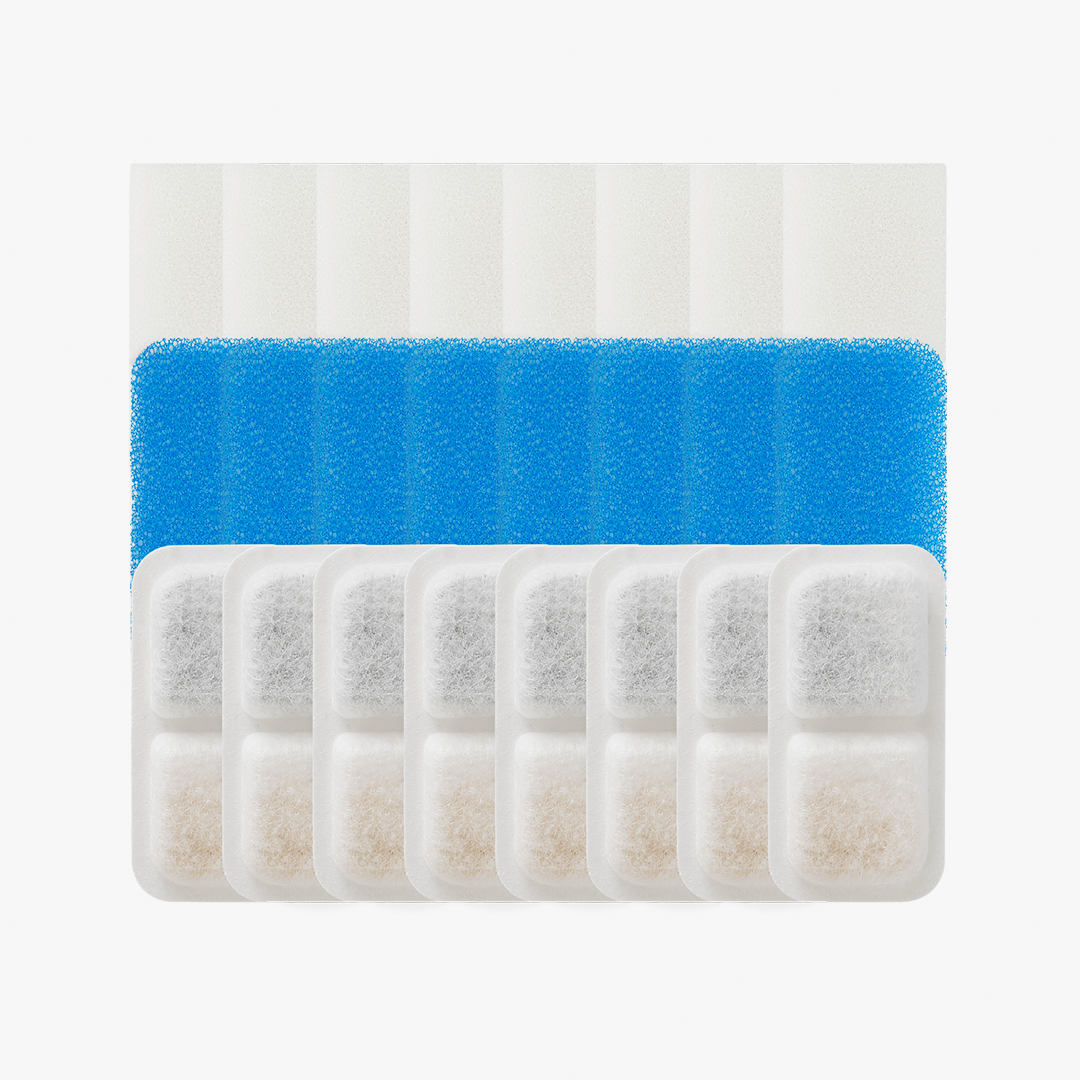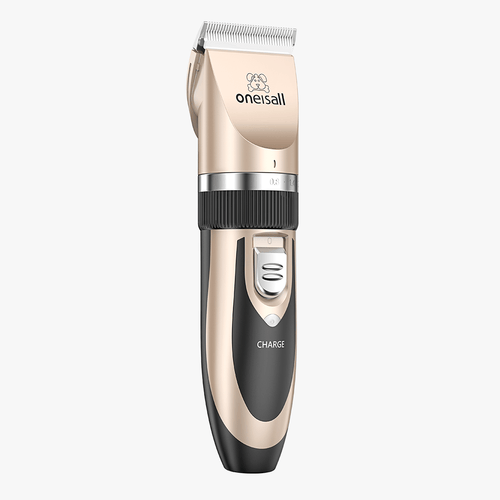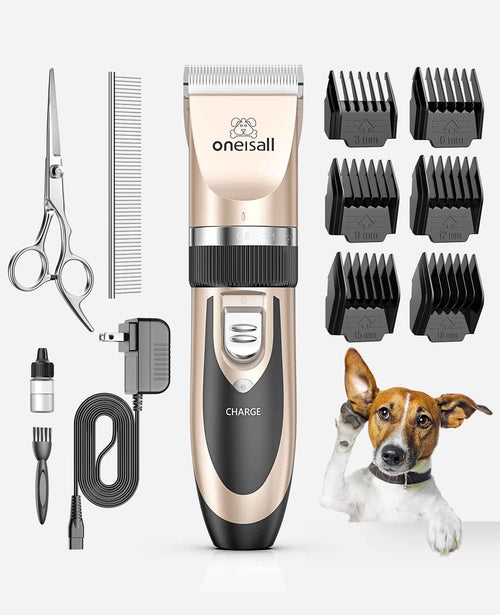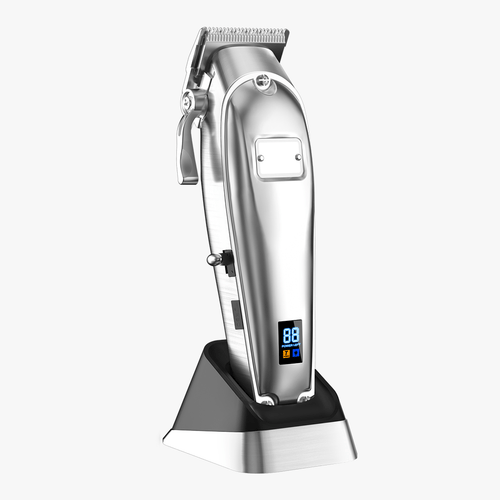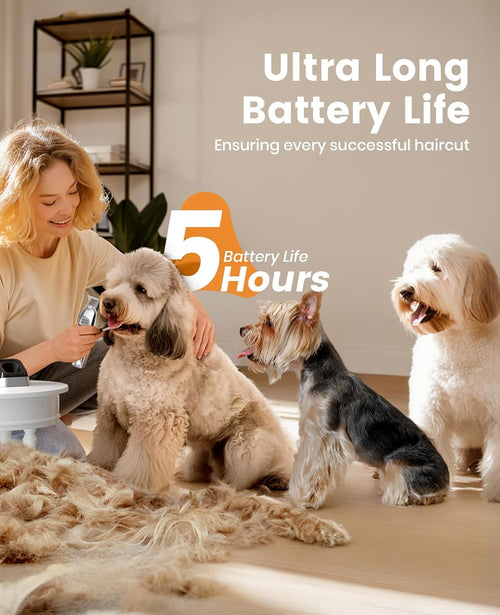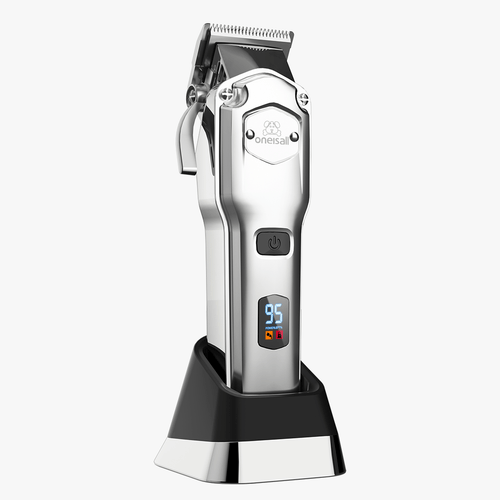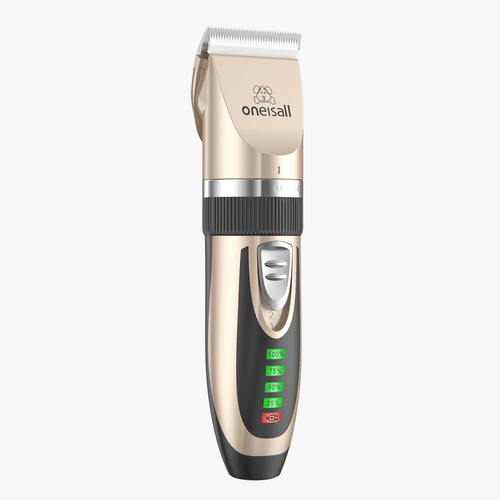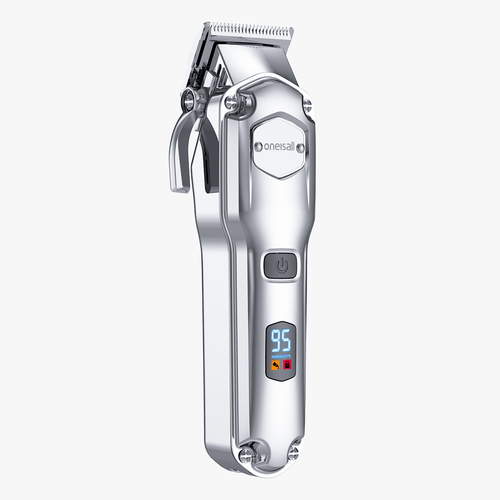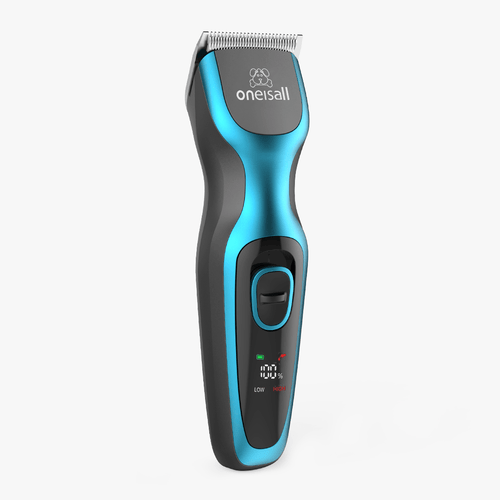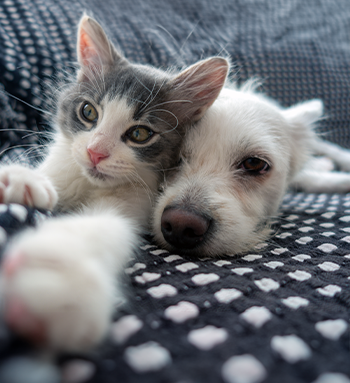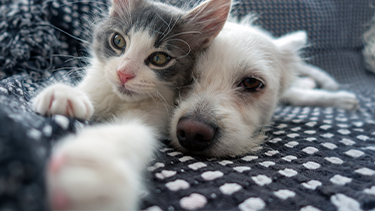Save on soaring grooming costs with pro-level clippers designed for dogs of all sizes.
Dog Clippers
FAQs
1. What’s The Difference Between Dog Clippers And Dog Hair Trimmers?
Dog clippers are designed for full-body grooming and can handle large sections of fur, while dog hair trimmers are typically used for detailed work around sensitive or small areas like the paws, face, and tail.
2. How Can I Choose Clippers For Dogs Suitable For Both Indoor And Outdoor Grooming?
For versatile grooming, choose cordless clippers for dogs with a long battery life. Cordless options are easy to maneuver both indoors and outdoors and allow you to groom without needing an outlet nearby.
3. Can I Use The Same Clippers For Dogs On Different Dog Breeds?
Yes, but you may need to adjust the blade size and guide combs on clippers for dogs based on each dog’s coat type and grooming requirements. For example, a thick coat may benefit from a wider, sharper blade, while a thin or fine coat may require a more precise blade for smoother trimming.
4. What’s The Main Difference Between Cat Clippers And Dog Clippers?
Cat clippers are generally smaller, quieter, and designed to handle a cat’s finer, more delicate fur. They typically have lower power to prevent cuts on thin skin, unlike dog clippers, which are built for denser coats.
5. Are There Cordless Cat Hair Clippers Available For Easier Handling?
Yes, cordless cat hair clippers are widely available and make grooming easier by allowing you to move freely. They’re especially helpful for grooming skittish cats that may not stay still for long.







